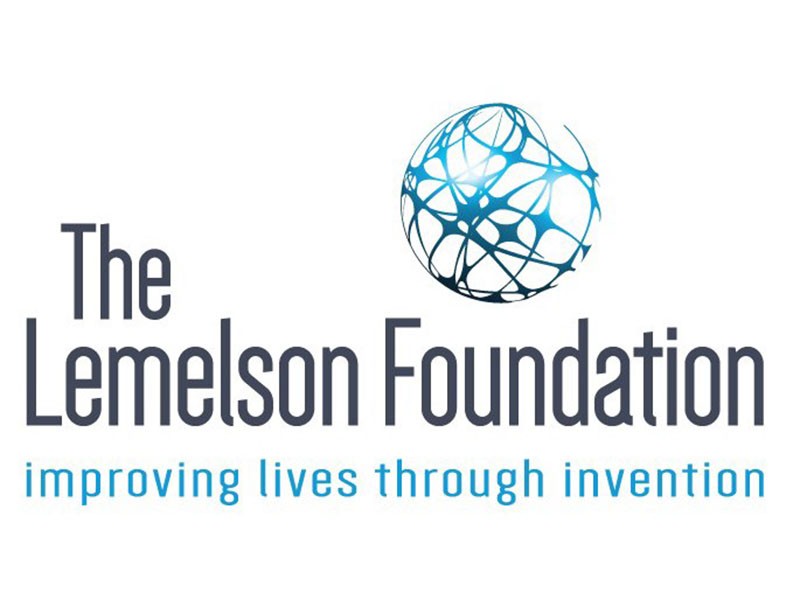Villanova University Selected for “Engineering for One Planet” Pilot Program

Villanova University’s College of Engineering is one of five institutions selected to participate in the Lemelson Foundation’s Engineering for One Planet (EOP) Pilot Program. Lemelson, in partnership with VentureWell, collaborated with more than 200 stakeholders to develop the EOP framework as a response to the global environmental challenges that are impacting every aspect of life. Recognizing that engineering solutions can both exacerbate and ameliorate environmental conditions, it is critical that engineering students are equipped with the skills, knowledge and understanding of environmentally responsible engineering.
As part of the pilot, the College will receive $30,000 to begin the process of aligning Villanova’s undergraduate engineering curriculum within the EOP framework. With sustainability as a guiding principle of the University’s strategic plan and given the College’s international leadership in the field of Sustainable Engineering, Villanova is ideally positioned to undertake this curricular transformation. The College’s decade-plus experience in engineering entrepreneurship will also prove beneficial. Associate Dean of Academic Affairs Dr. Andrea Welker says, “Just as entrepreneurially minded learning is a mindset that can be taught to help students devise innovative solutions, EOP is a framework that future engineers can use to develop sustainable technologies, processes and products.”
Over the course of two years, the College will pilot the first phase of its rapid integration of the EOP “Framework Across the Curriculum” initiative. Led by Dr. Welker and Sustainable Engineering Program Director Bill Lorenz, the College will train 16 faculty how to incorporate the EOP framework into their undergraduate courses. To provide participating faculty with a solid foundation, the team will develop a series of eight inverted (or flipped) classroom modules that introduce the EOP framework and the United Nation’s Sustainable Development Goals (SDGs), which serve as the foundation for Villanova’s Sustainability Plan. The faculty will then participate in an intensive four-day workshop with the goal of developing new lesson plans, projects and assignments that incorporate EOP principles. Within five years, every undergraduate in the College will have taken at least two courses infused with EOP content.
“Villanova University and the College of Engineering have proudly embraced the call to contribute to a more sustainable future for all,” notes Lorenz. “As such, we believe the EOP framework provides fundamental learning outcomes that every graduating engineer should acquire.”
The College will contribute to the EOP Pilot Program’s Community of Practice, partnering with fellow Lemelson grantees to develop and disseminate content and strategies for other engineering educators. Foundation Program Officer Cindy Cooper, says: “We look forward to working with these universities who have demonstrated enthusiasm and commitment to reach students not normally exposed to the principles and outcomes reflected in the EOP Framework. This work will be instrumental in shaping implementation models and learnings for broader adoption of the EOP initiative among engineering programs across the US and globally.”
